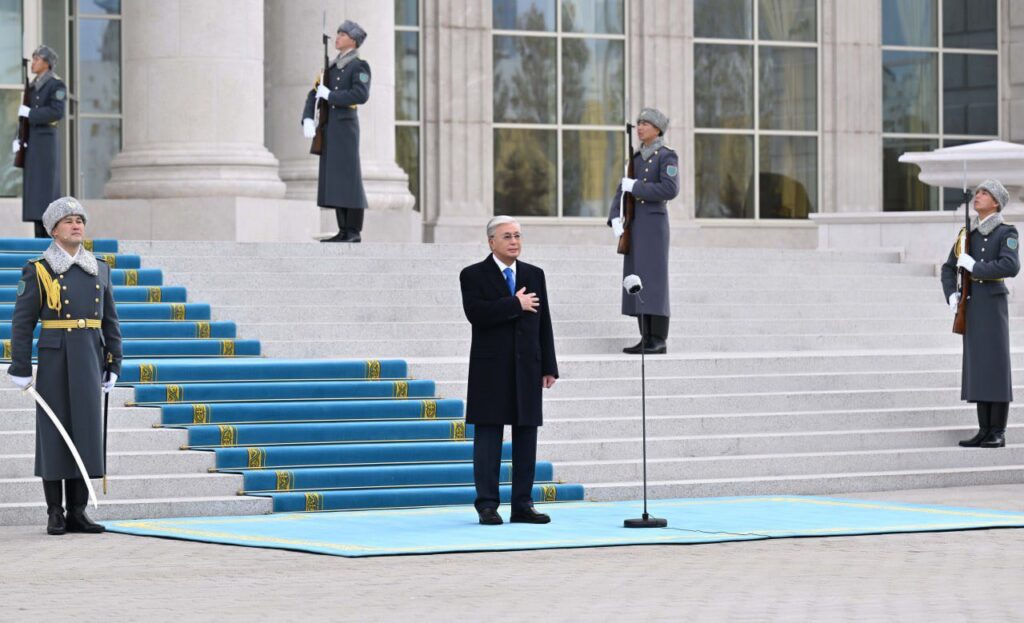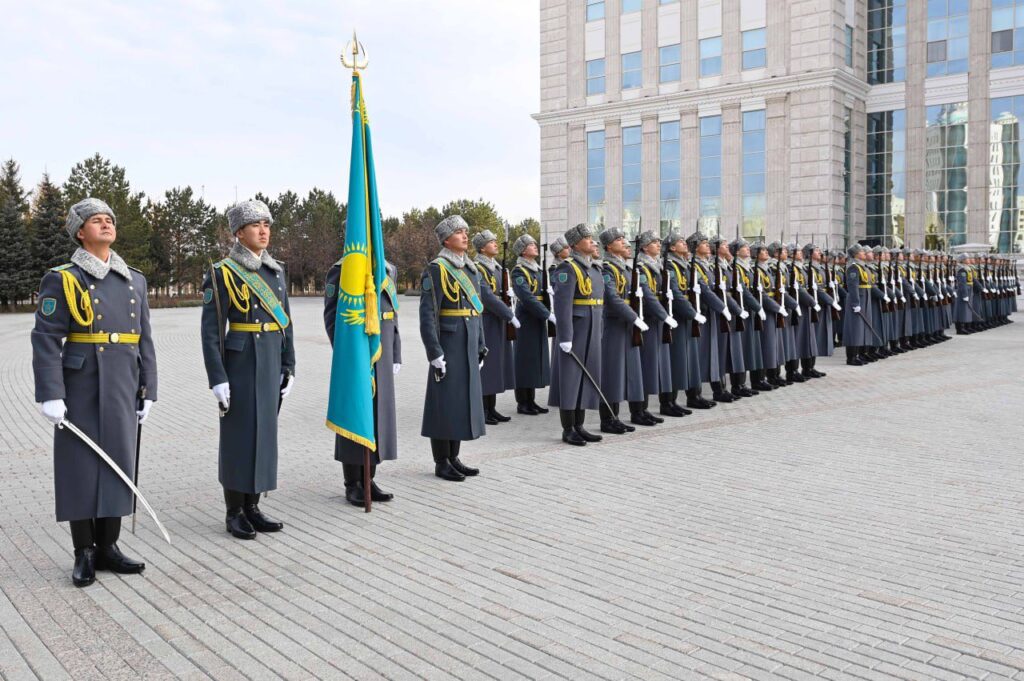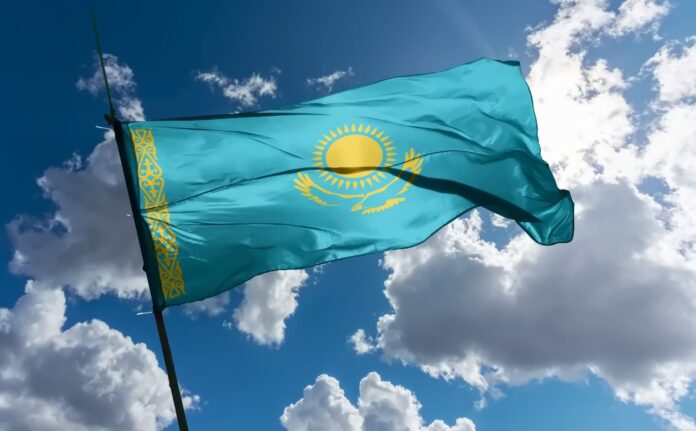ASTANA (Astana times) – On the 35th anniversary of the adoption of the Declaration of Kazakhstan’s State Sovereignty, celebrated as Republic Day on October 25, political experts affirm the document’s enduring role as the cornerstone of the nation’s statehood and its principled foreign policy.

A Constitutional Foundation
According to Baurzhan Sheriyazdanov, a senior researcher at the Institute of State History, the 1990 declaration laid the legal and ideological groundwork for the modern Kazakh state. Its core principles were later embedded directly into the nation’s Constitution.
“The main provisions of the declaration were used in the first article of the 1995 Constitution, which states that the Republic of Kazakhstan affirms itself as a democratic, secular, legal, and social state,” Sheriyazdanov stated in an interview with Kazpravda newspaper.
He emphasized that the declaration established the nation’s exclusive ownership of its vast natural resources and economic potential, enabling an independent economic policy. Drafted in just six months by a working group led by statesman Salyk Zimanov, the document was the product of intense national debate.

“The adoption of the declaration on state sovereignty was an important milestone in the development of statehood,” Sheriyazdanov said, noting that its public discussion and six-hour parliamentary debate were vital for its legitimacy. “On that day, the country took a huge step toward the freedom that our ancestors had dreamed of for centuries.”
Forging a Unique Role on the World Stage
The declaration established Kazakhstan as an independent subject of international relations, setting the stage for its unique role as a bridge-builder between nations and regions.
Even before the formal Declaration of Independence in 1991, Kazakhstan began asserting its foreign policy, hosting landmark visits by global leaders such as U.S. Secretary of State James Baker and German Foreign Minister Hans-Dietrich Genscher.
Since then, Kazakhstan has consistently pursued a multi-vector foreign policy, marked by several key achievements:
-
Becoming the first Central Asian nation to serve as a non-permanent member of the UN Security Council (2017-2018).
-
Chairing the OSCE and hosting its only summit of the 21st century in 2010.
-
Founding and initiating major regional institutions like the Conference on Interaction and Confidence-Building Measures in Asia (CICA), and co-founding the Shanghai Cooperation Organization (SCO) and the Eurasian Economic Union (EAEU).
“This is Kazakhstan’s superpower as a middle power – building bridges between major powers and entire regions,” noted the Kazpravda analysis.
As President Kassym-Jomart Tokayev has emphasized, this foreign policy of dialogue, cooperation, and peace is a direct reflection of domestic values—principles of unity and harmony that were first codified in the Declaration of State Sovereignty 35 years ago.




